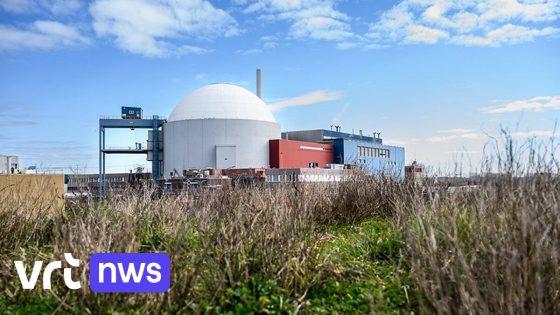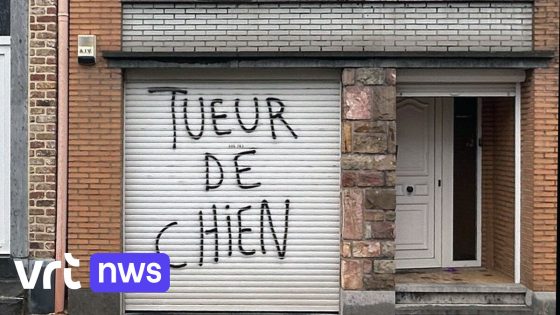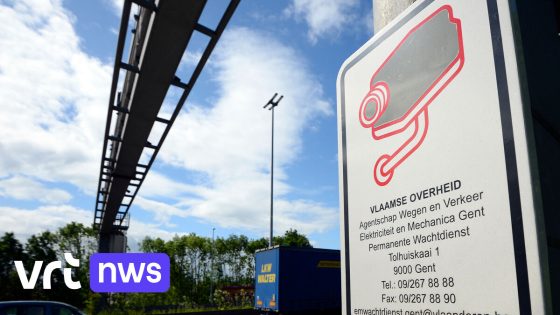The city of Ghent has joined growing opposition against the Netherlands’ plans to build two new nuclear power plants in Borssele, near the Belgian border. The proposed development has sparked local concerns about safety and land use, particularly as Ghent aims to preserve open space for future port expansion. This opposition adds to voices from other border municipalities and the Flemish government.
- Gent opposes Dutch nuclear plant plans.
- City wants open space for harbor expansion.
- Safety concerns raised by Gent officials.
- Border municipalities express earlier apprehensions.
- Netherlands has not yet decided.
As of 2025-08-08 08:56:00, the Dutch government has yet to make a final decision on the nuclear project. The debate highlights the complex balance between energy needs and regional development, raising important questions for communities on both sides of the border. How will this impact cross-border cooperation? And what are the real risks for Belgian residents?
With rising energy demands and environmental challenges, the discussion around nuclear energy remains highly relevant. Let’s explore what Ghent’s stance means for Belgium and the wider region.
Why is Ghent’s opposition significant? It signals increased regional resistance that could influence Dutch decision-making and cross-border relations. Key points include:
- Preserving open space for Ghent’s port expansion is a priority.
- Safety concerns persist among Belgian border communities.
- Other Flemish authorities have already voiced similar worries.
- Uncertainty remains as the Netherlands has not finalized its plans.
As discussions continue, Belgian stakeholders and residents should stay informed and engaged. Will the Dutch government address these concerns adequately? The coming months will be crucial for shaping the region’s energy future.






























